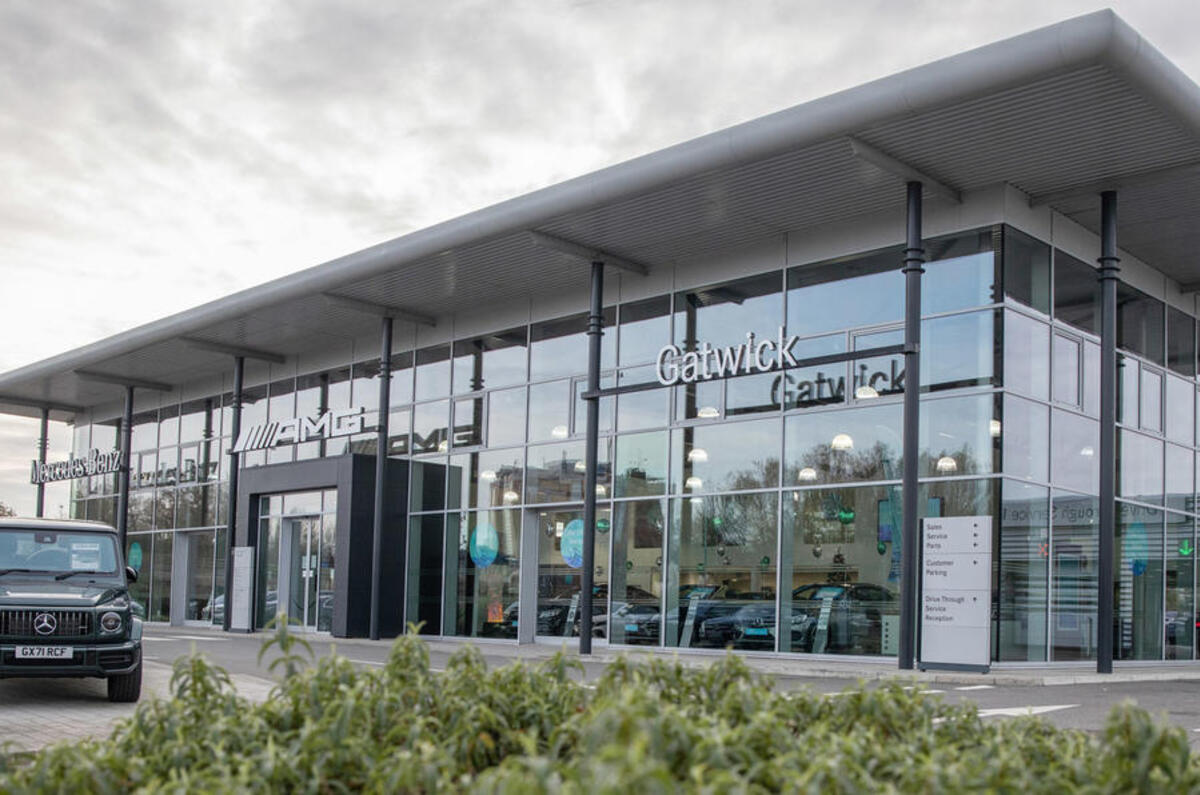The increasingly popular agency sales model – whereby the car maker sells directly to the customer with the dealer acting as their agent – is facing its first big test as new-car supply returns and demand dips.
Manufacturers that sell directly to customers – including Mercedes-Benz, Cupra, Tesla, Polestar and Volvo – are now offering some of the biggest visible incentives to buyers as they try to boost sales, data from What Car? shows.




Add your comment